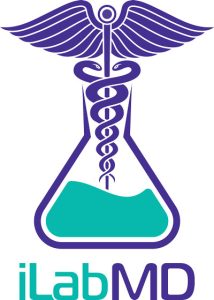Rash / Dermatitis
At iLabMD, we're here to guide you through your life journey.
Addressing rashes & Dermatitis
In functional medicine, the approach to addressing rashes and dermatitis involves identifying and addressing the underlying causes of these skin conditions rather than solely focusing on symptom management. Skin issues like rashes and dermatitis can have various root causes, and functional medicine practitioners consider multiple factors that may contribute to these conditions.
common causes of rashes & dermatitis addressed in functional medicine
Functional medicine emphasizes the role of diet in skin health. Food sensitivities and allergies can trigger inflammatory responses in the body, leading to skin rashes. Functional medicine practitioners often investigate potential dietary triggers and recommend elimination diets to identify and manage these issues.
Imbalances in the gut microbiome (dysbiosis) can contribute to skin problems. The gut-skin connection is recognized in functional medicine, and practitioners may address gut health through dietary modifications, probiotics, and other interventions to support a balanced microbiome.
Nutritional deficiencies, such as deficiencies in vitamins (e.g., vitamin D, vitamin B complex) and minerals (e.g., zinc), can affect skin health and contribute to dermatitis. Functional medicine practitioners may assess nutrient status and recommend dietary changes or supplementation.
Chronic inflammation in the body can manifest as skin inflammation and rashes. Identifying and reducing sources of inflammation through dietary modifications, anti-inflammatory lifestyle practices, and targeted interventions are central to functional medicine approaches.
Chronic stress and dysregulation of the adrenal glands (e.g., adrenal fatigue) can impact skin health. Functional medicine emphasizes stress management techniques, relaxation strategies, and lifestyle modifications to support optimal adrenal function.
Hormonal fluctuations, such as those related to thyroid dysfunction, menopause, or polycystic ovary syndrome (PCOS), can influence skin health and contribute to dermatitis. Functional medicine practitioners may assess hormonal status and address imbalances.
Exposure to environmental toxins, allergens, pollutants, and chemicals can irritate the skin and contribute to dermatitis. Functional medicine may involve detoxification strategies to address these exposures and support the body’s ability to eliminate toxins.
The balance of microorganisms on the skin’s surface (skin microbiome) can influence skin health. Functional medicine practitioners may explore the role of the skin microbiome and recommend strategies to maintain a healthy balance.
Certain autoimmune conditions, such as lupus or psoriasis, can manifest as skin rashes and dermatitis. Functional medicine may involve investigating autoimmune markers and providing targeted interventions.
Some medications and skincare products can cause skin reactions and dermatitis. Functional medicine practitioners may review a person’s medication and skincare regimen and recommend alternatives when necessary.
Genetic predispositions can play a role in skin conditions. Functional medicine may use genetic testing to identify potential predispositions and tailor treatment approaches.
Lifestyle choices, including diet, physical activity, sleep patterns, and stress management, significantly impact skin health. Functional medicine emphasizes a holistic approach to well-being and encourages healthy lifestyle modifications.
Promoting long-term skin health
Functional medicine practitioners take a personalized and integrative approach to addressing rashes and dermatitis, aiming to identify and address the unique factors affecting each individual's skin health. Treatment plans may include dietary changes, nutritional supplementation, lifestyle modifications, skincare recommendations, stress management techniques, and other interventions tailored to the individual's needs. The goal is to promote long-term skin health by addressing the root causes of these conditions.










